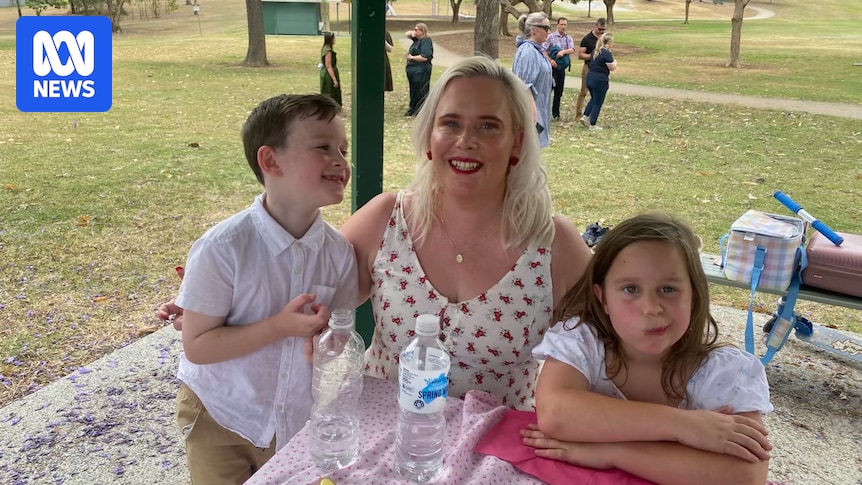
More than 4,000 women in Queensland are set to benefit from the newly announced Women’s Career Grants program, aimed at easing their transition back into the workforce. This initiative, valued at $20 million, fulfills an election promise made by the Liberal National Party (LNP) ahead of the 2024 state election.
The program targets women over the age of 18 who have been out of the workforce for more than six months. Eligible participants can receive up to $5,000 to cover essential costs such as childcare, job readiness, technology, and workwear. Premier David Crisafulli emphasized the program’s potential to dismantle barriers preventing women from re-entering the workforce.
“This is the difference between somebody being able to rejoin [the workforce] or not… all we are focusing on is how we can remove the obstacles that exist,” Mr. Crisafulli stated.
Expressions of interest for the grants open today, with the official program launch scheduled for November 3. The government aims to disburse the first grants to eligible recipients before the end of the year.
Overcoming Barriers at Different Life Stages
The initiative is expected to assist a minimum of 4,000 women, offering flexible grant amounts to suit diverse needs. Minister for Women and Women’s Economic Security Fiona Simpson highlighted the program’s tailored approach, designed in response to direct feedback from women seeking to re-enter the workforce.
“We have tailored this program as a result of feedback from women… to have the dignity of opportunity,” Ms. Simpson explained.
In what is being touted as a first-of-its-kind initiative for Queensland, the government has partnered with professional development organization Future Women to administer the grants. Additionally, funding will be provided to expand the jobs academy run in collaboration with Future Women.
Helen McCabe, founder of Future Women, expressed excitement over the potential impact of the program, particularly in addressing the current skills shortage.
“There is a skills shortage… today’s announcement is an extension of a program that began by looking at 500 women, we’re about to do another 500 Queensland women,” Ms. McCabe said. “They’ll be able to access our pre-employment program… with all the things women desperately need, like advice on how to produce a resume and cover letter.”
Move Welcomed by Mums
The program has been warmly received by mothers across Queensland, who see it as a vital step in supporting women ready to return to work. Jen Fleming, a mother herself, praised the initiative for providing the necessary confidence to those considering rejoining the workforce.
“When you become a mum, everything changes, your body changes, your priorities change,” Ms. Fleming noted. “I think this is groundbreaking… women need support to have the confidence to return to work when they’re ready.”
Evie Massey, a mother who has been out of the workforce for 16 years while raising her children, expressed her hopes of returning to her career as a makeup artist. She sees the grant as an opportunity to overcome financial barriers.
“The need for childcare as a mum is quite necessary… but also [the money would] help me sharpen my resume, my presentation… also to get all the tools that are necessary,” Ms. Massey said.
Implications and Future Prospects
The launch of the Women’s Career Grants program marks a significant investment in the economic empowerment of women in Queensland. By addressing the financial and logistical barriers to workforce reentry, the program not only supports individual women but also contributes to the broader economic productivity of the state.
As the program rolls out, it will be crucial to monitor its impact and gather feedback to ensure it meets the diverse needs of women across Queensland. The partnership with Future Women and the expansion of the jobs academy are strategic moves to provide comprehensive support, from financial assistance to professional development.
Looking ahead, the success of this program could serve as a model for similar initiatives in other regions, highlighting the importance of targeted support in bridging the gap between potential and opportunity for women seeking to re-enter the workforce.






